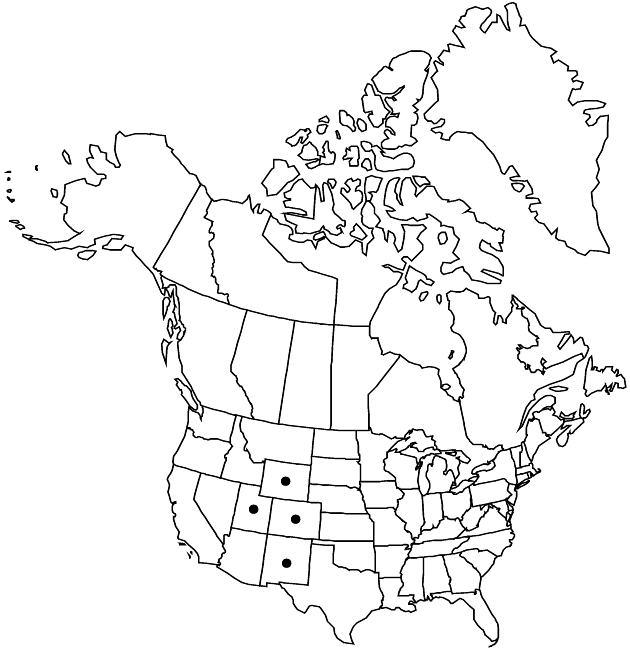Difference between revisions of "Lygodesmia grandiflora var. grandiflora"
Synonyms: Lygodesmia grandiflora var. stricta
Treatment appears in FNA Volume 19. Treatment on page 371.
FNA>Volume Importer |
FNA>Volume Importer |
||
| Line 1: | Line 1: | ||
{{Treatment/ID | {{Treatment/ID | ||
|accepted_name=Lygodesmia grandiflora var. grandiflora | |accepted_name=Lygodesmia grandiflora var. grandiflora | ||
| − | |accepted_authority= | + | |accepted_authority= |
|publications= | |publications= | ||
|basionyms= | |basionyms= | ||
|synonyms={{Treatment/ID/Synonym | |synonyms={{Treatment/ID/Synonym | ||
|name=Lygodesmia grandiflora var. stricta | |name=Lygodesmia grandiflora var. stricta | ||
| − | |authority= | + | |authority= |
| + | |rank=variety | ||
}} | }} | ||
|hierarchy=Asteraceae;Asteraceae tribe Cichorieae;Lygodesmia;Lygodesmia grandiflora;Lygodesmia grandiflora var. grandiflora | |hierarchy=Asteraceae;Asteraceae tribe Cichorieae;Lygodesmia;Lygodesmia grandiflora;Lygodesmia grandiflora var. grandiflora | ||
| Line 22: | Line 23: | ||
|elevation=1200–2800 m | |elevation=1200–2800 m | ||
|distribution=Colo.;N.Mex.;Utah;Wyo. | |distribution=Colo.;N.Mex.;Utah;Wyo. | ||
| − | |discussion=<p>Variety grandiflora is recognized by its relatively large, pink corollas and 8–12 phyllaries. The size of the plants varies and stems are often somewhat woody near the bases. This variety appears to intergrade with < | + | |discussion=<p>Variety grandiflora is recognized by its relatively large, pink corollas and 8–12 phyllaries. The size of the plants varies and stems are often somewhat woody near the bases. This variety appears to intergrade with <i></i>var.<i> arizonica</i> and <i></i>var.<i> dianthopsis</i> (S. L. Welsh et al. 2003).</p> |
|tables= | |tables= | ||
|references= | |references= | ||
| Line 31: | Line 32: | ||
-->{{#Taxon: | -->{{#Taxon: | ||
name=Lygodesmia grandiflora var. grandiflora | name=Lygodesmia grandiflora var. grandiflora | ||
| − | + | |authority= | |
| − | |authority= | ||
|rank=variety | |rank=variety | ||
|parent rank=species | |parent rank=species | ||
| Line 46: | Line 46: | ||
|publication year= | |publication year= | ||
|special status= | |special status= | ||
| − | |source xml=https://jpend@bitbucket.org/aafc-mbb/fna-data-curation.git/src/ | + | |source xml=https://jpend@bitbucket.org/aafc-mbb/fna-data-curation.git/src/eaa6e58056e40c9ef614d8f47aea294977a1a5e9/coarse_grained_fna_xml/V19-20-21/V19_594.xml |
|tribe=Asteraceae tribe Cichorieae | |tribe=Asteraceae tribe Cichorieae | ||
|genus=Lygodesmia | |genus=Lygodesmia | ||
Revision as of 19:20, 16 December 2019
Plants 5–40 cm. Stems erect, simple or sparingly branched from bases, obscurely striate. Leaves: proximal blades linear, 50–150 × 1–3 mm, ± lax (margins entire or rarely laciniately-lobed); cauline similar, reduced to scales distally. Heads 1–5(–30), in loose, corymbiform arrays. Involucres subcylindric, 18–21 × 6–8 mm, apices narrow. Florets 6–12; corollas pink to lavender. Cypselae 10–13 mm, faces smooth, not sulcate. 2n = 18.
Phenology: Flowering May–Jun.
Habitat: Open sites, alluvial, sandy, or gravelly soils, juniper-sagebrush scrub
Elevation: 1200–2800 m
Distribution

Colo., N.Mex., Utah, Wyo.
Discussion
Variety grandiflora is recognized by its relatively large, pink corollas and 8–12 phyllaries. The size of the plants varies and stems are often somewhat woody near the bases. This variety appears to intergrade with var. arizonica and var. dianthopsis (S. L. Welsh et al. 2003).
Selected References
None.
Lower Taxa
None.